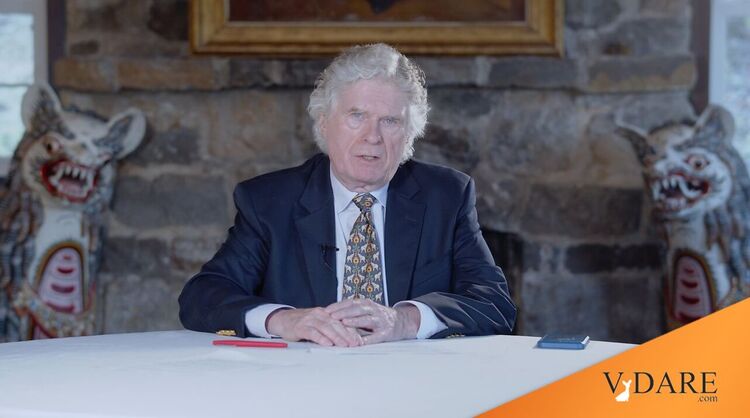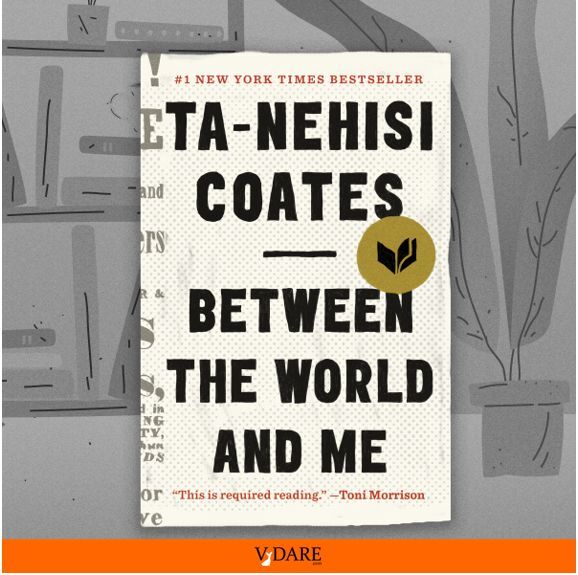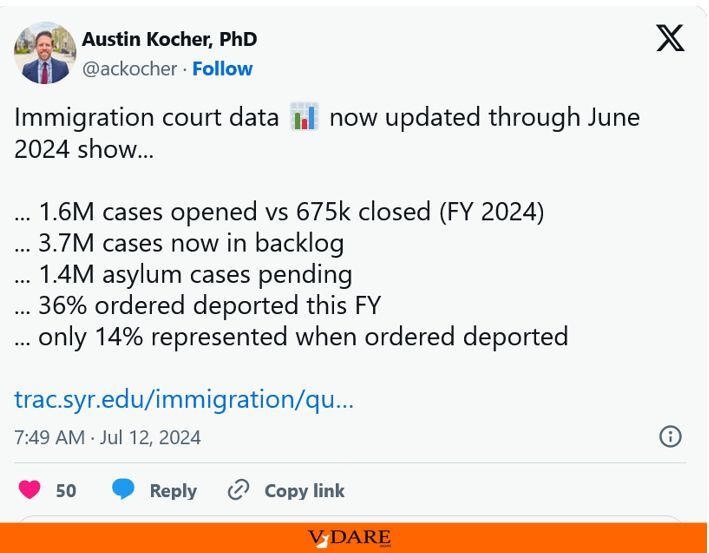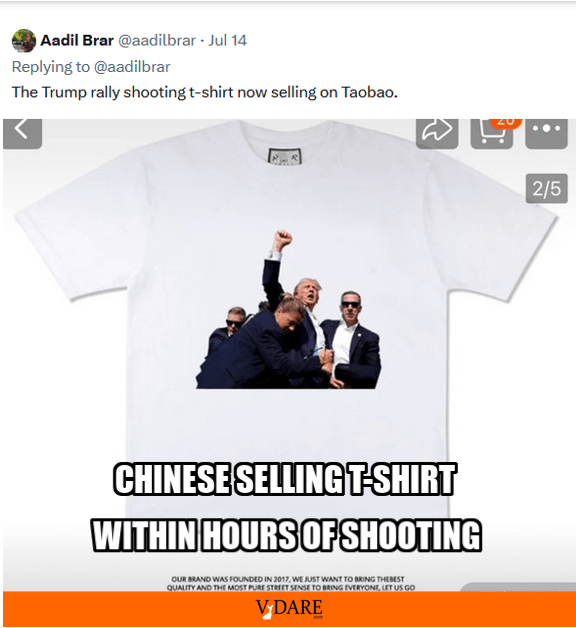From the Harvard Crimson:
Till the Stars in the Firmament Die: Harvard’s Alma Mater and the Making of a Trade SchoolBut that’s boy history.By PHILIP O. BALSON a day ago
… Yet as the scholarship of the humanities and social sciences has become more postmodern, more politically correct, and, yes, more centered on issues of inclusion and belonging, the pure and applied sciences overwhelmingly have not. In response, my peers have voted with their feet. From 2008 to 2016, English, History, and Government departments have seen their number of concentrators decline from 236 to 144, 231 to 146, and 477 to 333 respectively. Applied Mathematics, Statistics, and Computer Science have meanwhile seen surges from 101 to 279, 17 to 163, and 86 to 363, respectively. This cannot merely be due to rising interest in science and technology, as psychology, a humanistic department that still focuses on method over values, has seen concentrator numbers hold steady. …
And enrollment in my department pales in comparison not only to other departments, but also (say it softly) to the history department at Yale. This spring, five Yale history courses had over 100 students planning to enroll. Last fall, 176 students attended Paul M. Kennedy’s “Military History of the West Since 1500.”
Harvard offers no similarly broad course and no Cold War survey course. Instead, we have “Cold War in the Global South.” Meanwhile, History 1046: “Islamicate Societies to 1500” “addresses the topics of gender and religious minorities in Islamicate societies,” in a lecture with just six undergraduate enrollees.Apparently that’s not girl history …
As the humanistic departments have focused increasing attention on ensuring everyone feels included and studied in their syllabi, they have seemingly cared less about whether undergraduates as a whole actually want their new offerings….[Comment at Unz.com]But the laudable push for inclusion and the lamentable decline of the most inclusive departments are perversely linked. With a new president and dean of the Faculty of Arts and Sciences incoming, we now have an opportunity to seriously address this phenomenon of bright flight. …
The upshot, five or 10 years from now, could be humanistic departments that increasingly reflect our proclaimed values even as they teach fewer and fewer of our students. Nobody wins in that scenario, in which Harvard becomes a Vassar joined at the hip to an MIT.











